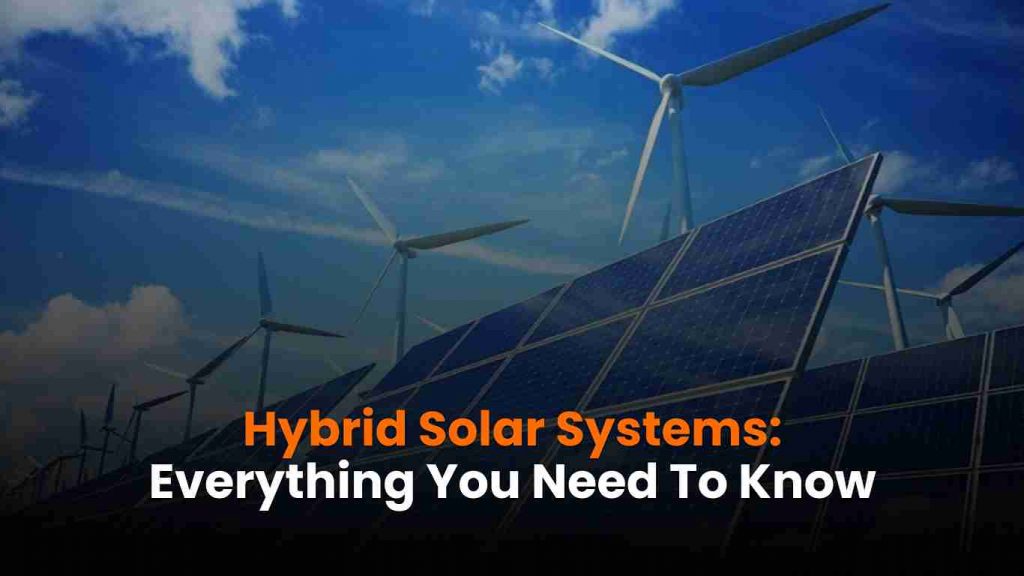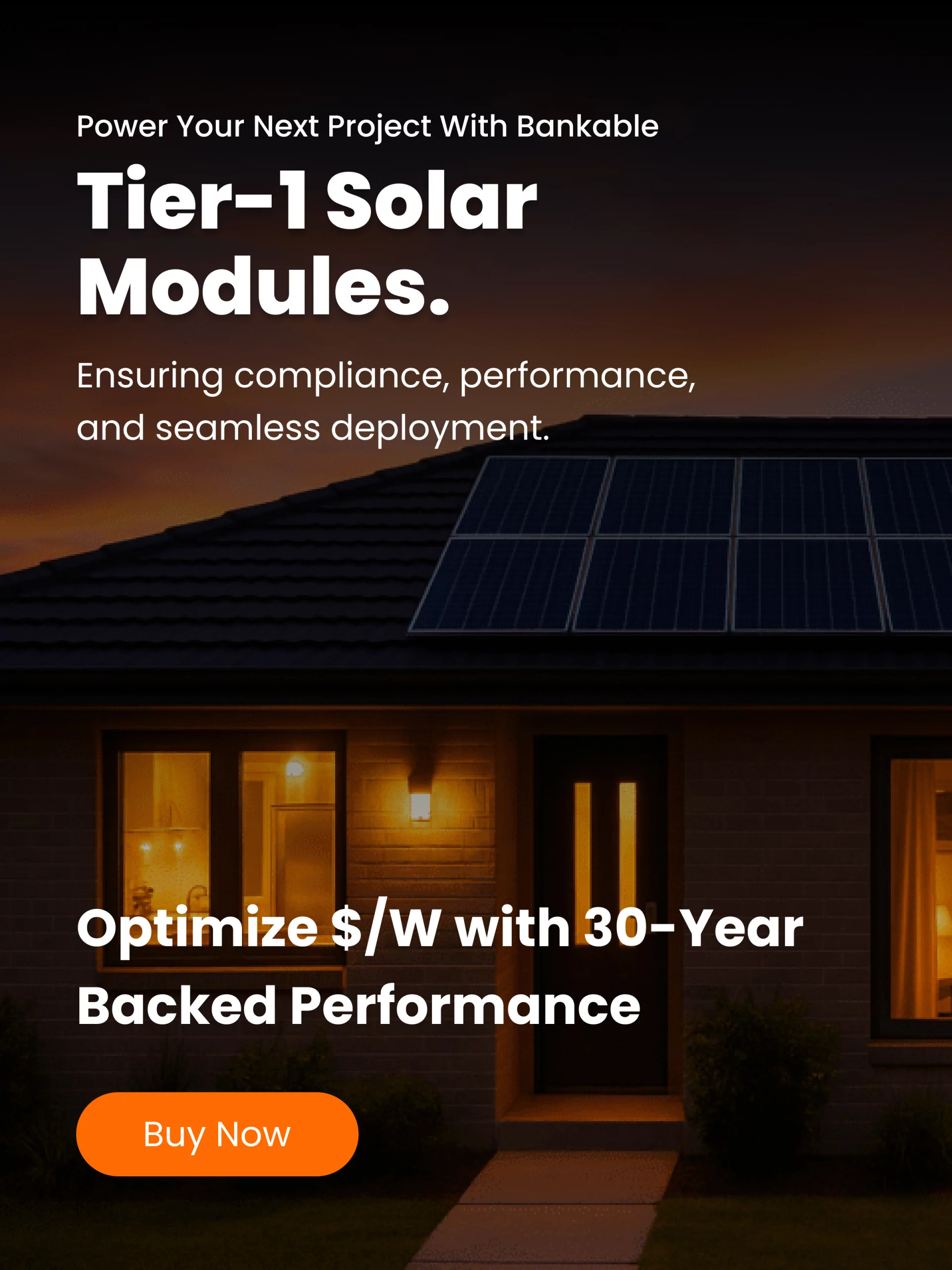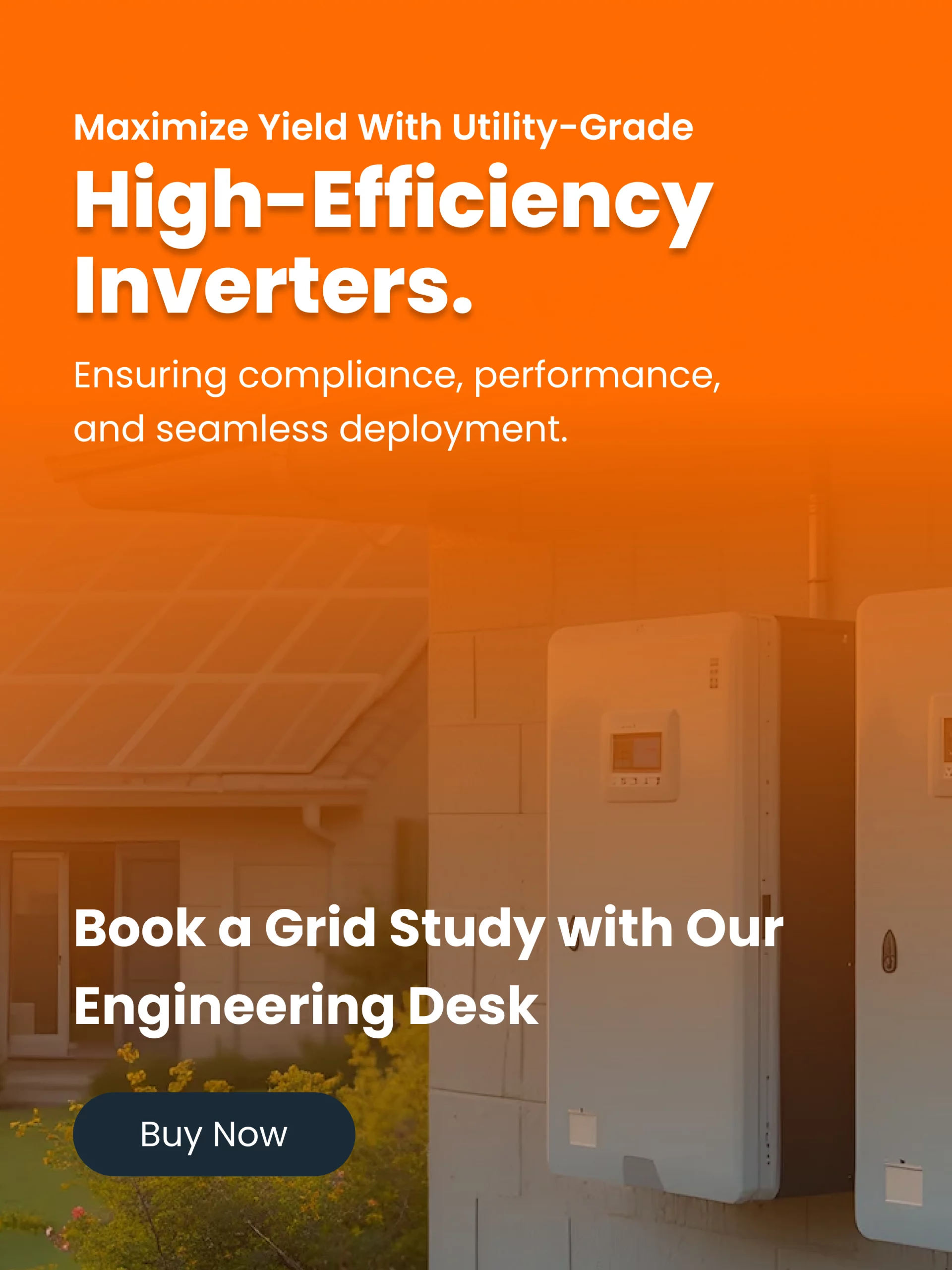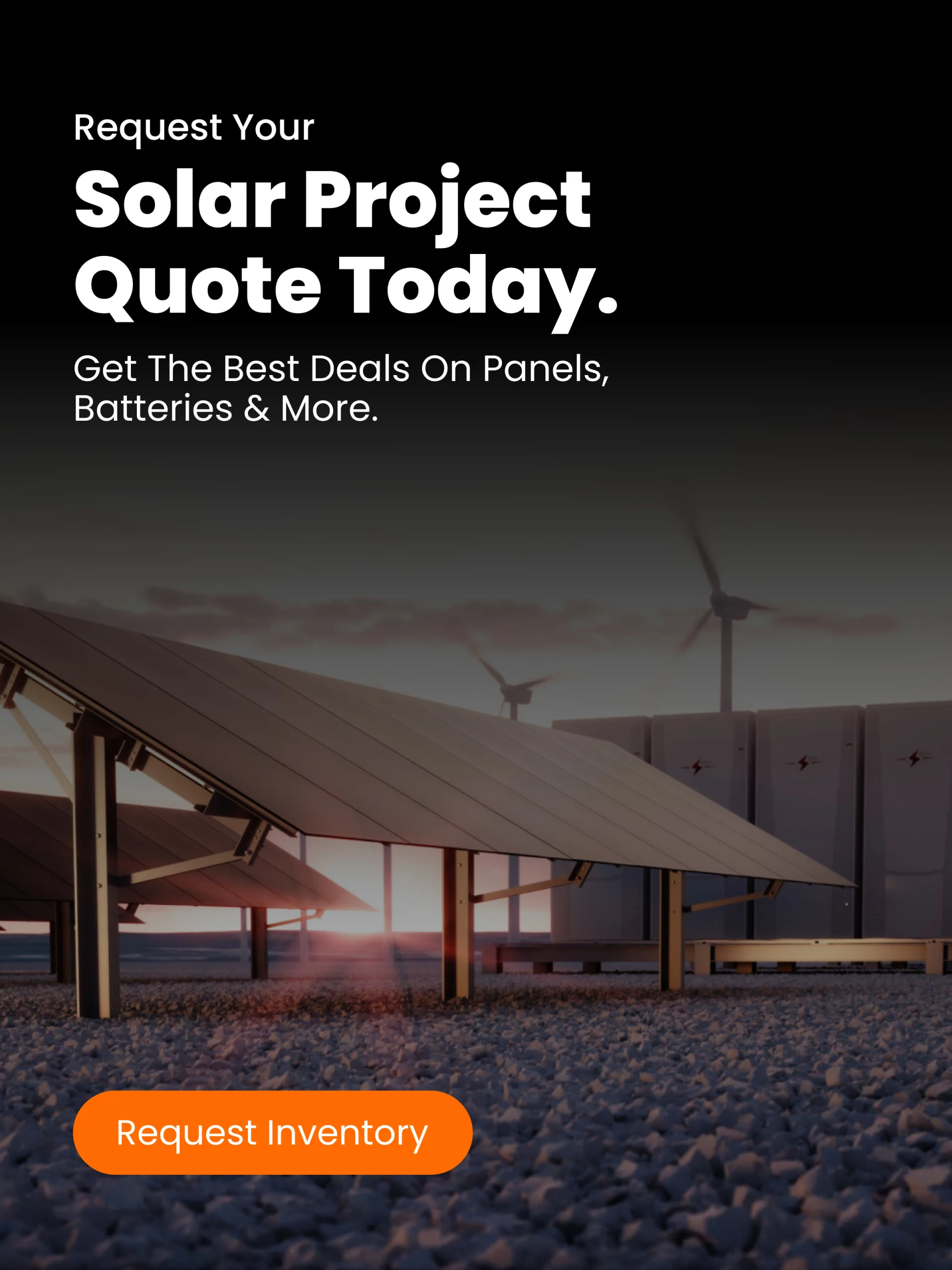Hybrid Solar Systems – With ever-rising utility costs and frequent power outages, many homeowners and businesses in the United States are exploring hybrid solar energy systems as a solution. Combining the best features of grid-tied and off-grid systems, hybrid systems use a mix of solar panels, inverters, and batteries to both generate solar power and store it for later use. This setup provides a seamless energy experience, offering power even during outages. Let’s dive into the details of hybrid solar systems and discover why they might be perfect for your energy needs.
Understanding hybrid solar systems
Hybrid solar systems are unique because they connect to your utility grid while integrating a battery storage solution. During the day, solar panels collect energy from the sun to power your home and recharge the battery backup. At night or during power outages, the stored energy in the battery can be used, ensuring a consistent power supply regardless of grid conditions. This versatility makes hybrid systems increasingly attractive, blending energy security with technology.
Battery technology in hybrid systems
One of the key differentiators in hybrid systems is the battery technology. Unlike traditional off-grid systems that often rely on multiple lead-acid batteries requiring significant maintenance and space, hybrid systems use advanced lithium-ion batteries. These compact, efficient batteries can store more energy and last longer, generally coming with a 10-year warranty and requiring no maintenance. However, for these systems to function optimally, they need a compatible inverter, which handles energy conversion and communicates with the battery.
Popular hybrid systems & components
When considering a hybrid solar energy solution, here are some of the top systems to explore:
– Enphase Energy IQ Microinverter and Ensemble Encharge Battery System: Known for their microinverter technology, Enphase offers a streamlined backup solution with efficient energy conversion at the panel level. The system allows for continued operation during an outage, creating a microgrid for reliable energy provision.
– OutBack SkyBox Hybrid Inverter and Discover AES Battery System: This setup is highly versatile, compatible with various 48V batteries. It’s well-suited for residential applications under 7.5kW, providing advanced features like net metering and prioritized charging.
– SMA Storage Hybrid Inverter and BYD B-Box Battery System: SMA’s solution offers limited backup power but pairs well with BYD’s expandable battery systems for extended capacity, making them ideal for homes with modest blackout protection needs.
– SolarEdge StorEdge Hybrid Inverter and LG Chem RESU Battery System: With optimizers for improved solar output, this combination offers superb monitoring and energy management. LG Chem batteries require certification to install, ensuring professional setup and enhanced performance.
Cost Considerations
Hybrid systems involve several components, which can influence cost:
– Enphase Systems: Known for high reliability and grid-independent features, these systems are on the higher end in terms of cost, with longevity and ROI benefits that can justify the initial investment.
– SMA and BYD: These provide a cost-effective option with reliable performance, suitable for less frequent power outages.
– SolarEdge and LG chem: Priced slightly below Enphase, they deliver a balance of features and cost, ideal for those seeking efficient energy management during blackouts.
Recommendations and Considerations
Choosing the right hybrid system depends on your specific needs, expected energy usage, and budget constraints. Here are some important factors to consider:
– Future expansion: Opt for systems that allow easy expansion of battery or solar panel capacities, ensuring flexibility as your energy needs grow.
– ROI and maintenance: Lithium-ion batteries, such as those used in Enphase setups, offer longer life and fewer replacements than traditional systems, affecting long-term returns on investment favorably.
– Installation and compliance: Ensure that installation complies with safety and technical standards. Hybrid systems often involve certified components like LG Chem’s batteries, necessitating trained installers.
– Manufacturer reliability: Consider brands with a proven track record for reliability and technological advancement to safeguard your investment.
Conclusion
Hybrid solar systems represent a future-forward approach to home energy management, providing security, efficiency, and environmental benefits. By integrating advanced battery technology and intelligent inverter systems, these setups offer both immediate energy solutions and long-term savings. As energy landscapes evolve, hybrid solutions promise to play a pivotal role in sustainable energy practices, delivering power when you need it most. Embrace the hybrid revolution—because the solar systems of tomorrow are already here today.




